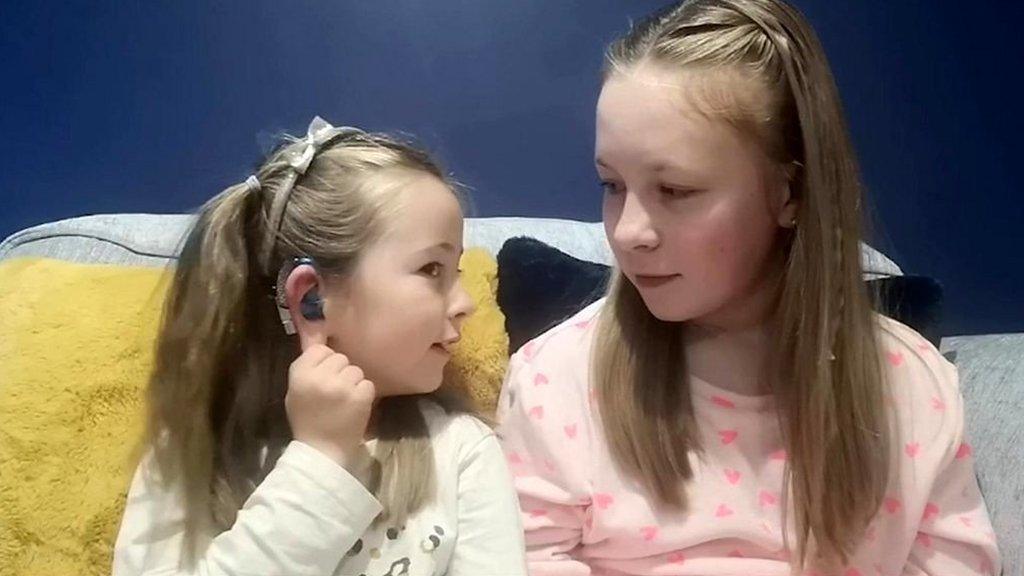Rose Ayling-Ellis calls for BSL to be legally protected as a language
- Published
- comments
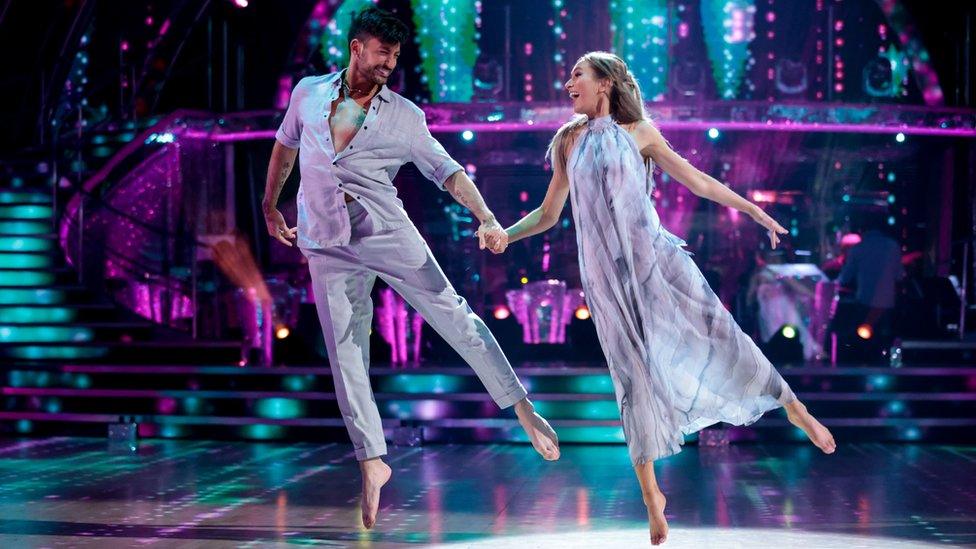
Rose raised awareness of British Sign Language during her time on Strictly Come Dancing
Strictly Come Dancing winner Rose Ayling-Ellis is calling for British Sign Language (BSL) to be made an official language of the UK with legal status.
On Friday 28 January, MPs will debate the BSL Bill put forward by MP Rosie Cooper, whose parents were both born deaf, and the government has now said it will support the plan.
Although BSL was recognised as an "official" language by the UK government in 2003, unlike Welsh and Gaelic languages it does not have legal protection.
Campaigners also hope the change will see it more widely used and promoted.
If the Bill passes on Friday there are two more stages before it can become law - but having government support means that should happen.
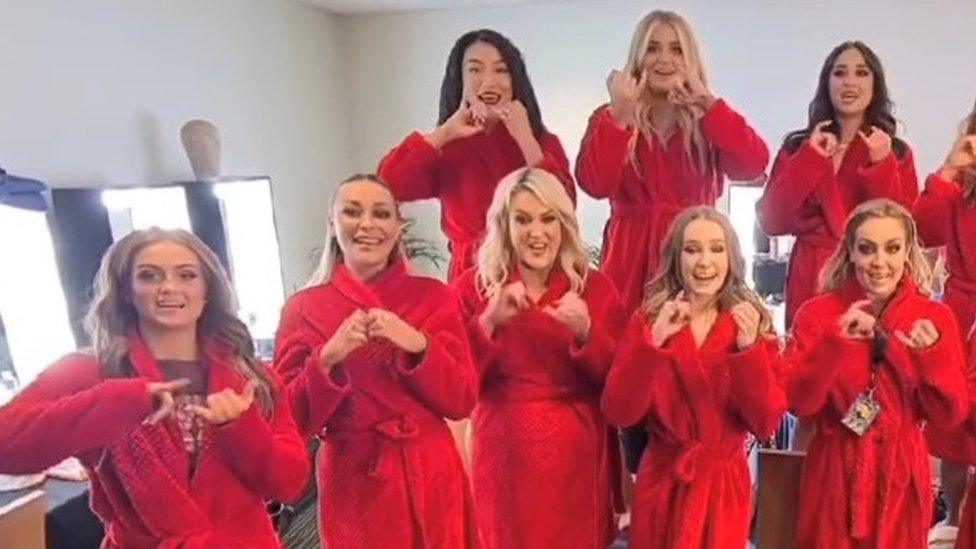
Rose posted a video of her and her Strictly co-stars signing support for the Bill
A BSL Act would mean Government Departments and public bodies would be required to follow new guidance on how the use of BSL can be put in place across services.
The Bill also calls for a British Sign Language Council to be formed to promote and advise on the use of BSL.
There are an estimated 87,000 BSL users in the UK.
What difference does legal status make?
The Equality Act 2010 legally protects people with disabilities and makes it a requirement that reasonable adjustments are made to ensure equal access, but campaigners say it is not strong enough for BSL-users.
Deaf children send their messages to Rose
The British Deaf Association says without legal protection, there is a burden placed on family members to interpret for in medical and educational settings.
Rose Ayling -Ellis told the BBC: "If I go to the doctor and there's no interpreter it means I have to bring a family member with me. But I don't want that, I want privacy."
Scotland is the only region in the UK to have given legal recognition to sign language. The BSL (Scotland) Act came into force in October 2015 requiring Scottish Ministers to promote the use and understanding of BSL.
UK government minister, Chloe Smith, said: "Effective communication is vital to creating a more inclusive and accessible society, and legally recognising British Sign Language in Great Britain is a significant step towards ensuring that deaf people are not excluded from reaching their potential."

Other countries which have been praised for good practice include Hungry, Finland and New Zealand.
In New Zealand, for example, all government departments and staff are expected to communicate with sign language users in NZSL or to provide interpreters as necessary.
Both Hungry and Finland provide bilingual education, which means they use sign language and spoken language in schools.
Campaigners want BSL to be treated in a similar way to the Welsh language and Scottish Gaelic.
In Wales all public bodies have to treat Welsh and English equally, while in Scotland there has been a push to promote Gaelic.
- Published19 December 2021
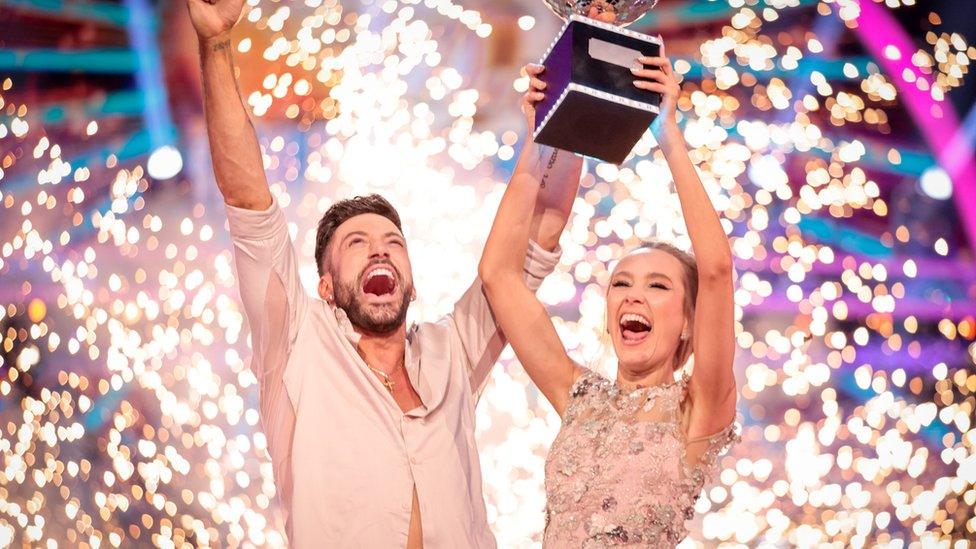
- Published24 September 2023
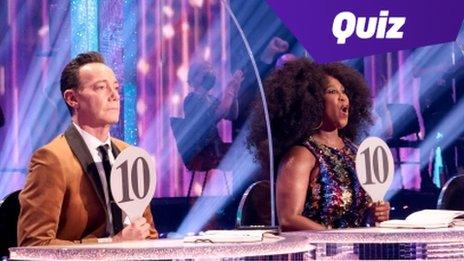
- Published18 December 2021
